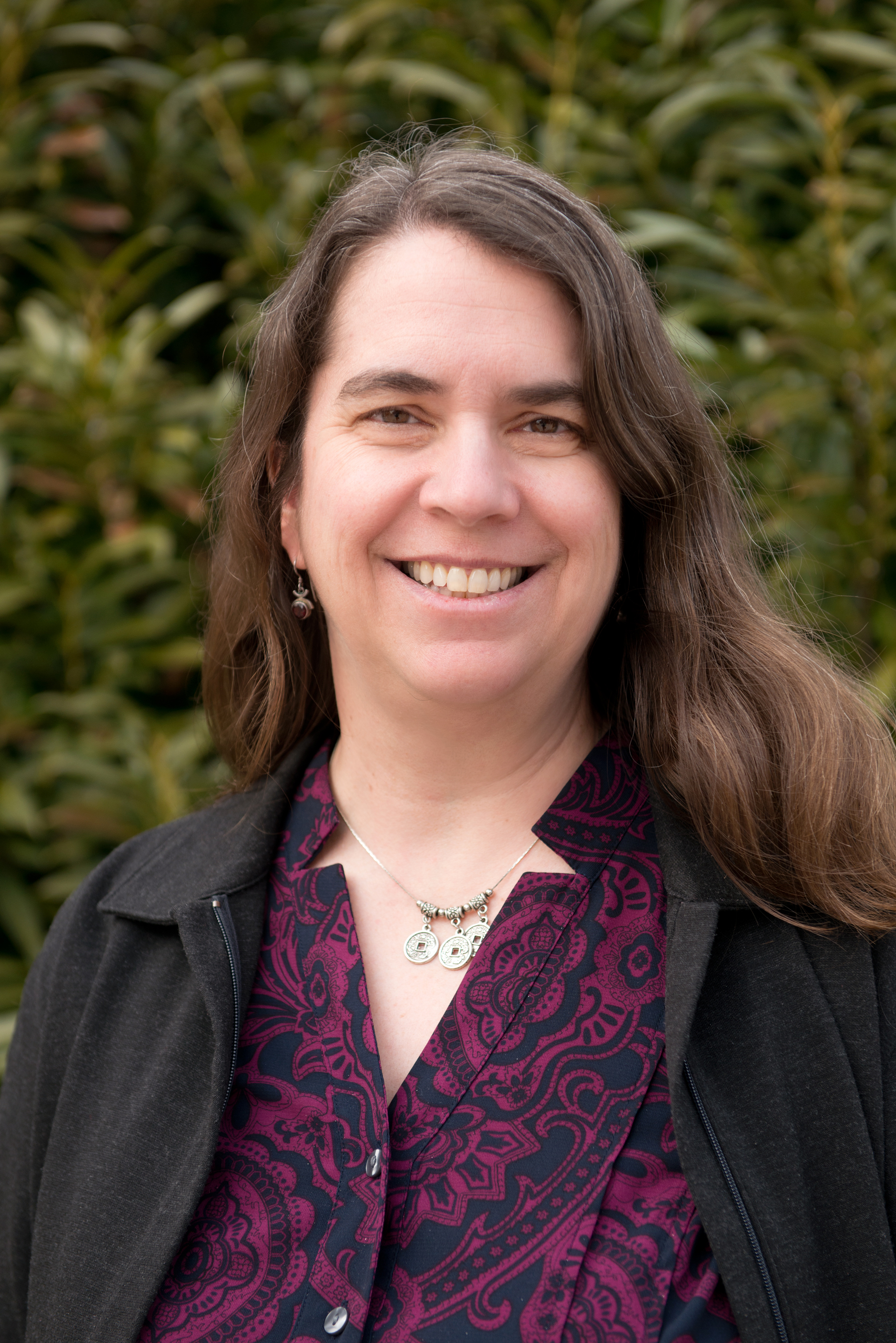 In 2011, just 18% of undergraduate computer science degrees were received by women, according to data from the National Center for Education. In 1985, less than 30 years earlier, women received 37% of computer science degrees. This lack of diversity is particularly evident in the field of artificial intelligence (AI), UMBC’s Marie desJardins points out in Quartz.
In 2011, just 18% of undergraduate computer science degrees were received by women, according to data from the National Center for Education. In 1985, less than 30 years earlier, women received 37% of computer science degrees. This lack of diversity is particularly evident in the field of artificial intelligence (AI), UMBC’s Marie desJardins points out in Quartz.
desJardins is associate dean in UMBC’s College of Engineering and Information Technology and a professor of computer science. She argues that outdated gender stereotypes in science are rooted in a lack of diverse perspectives contributing to scientific research, and the gender imbalance among AI researchers had led to a narrowing of that field over time.
In computer science, women are more likely to be interested in work that benefits communities and improves people’s lives, desJardins suggests, while men articulate greater interest in questions about algorithms and mathematics. With a longstanding gender imbalance in IA, she notes, “Research has become very narrowly focused on solving technical problems and not on the big questions.” desJardins told Quartz that she has noticed this shift first-hand over the course of her career.
Read the full article, “Inside the surprisingly sexist world of artificial intelligence,” on Quartz.
